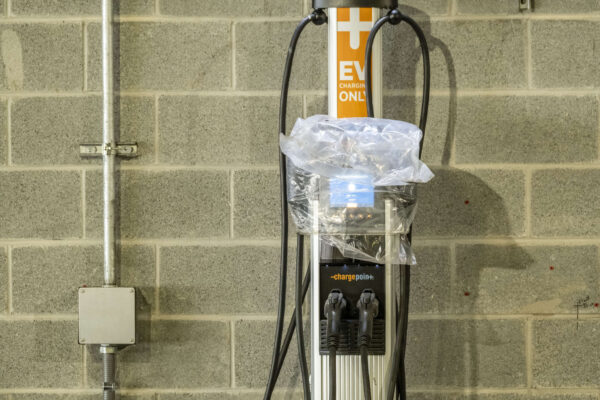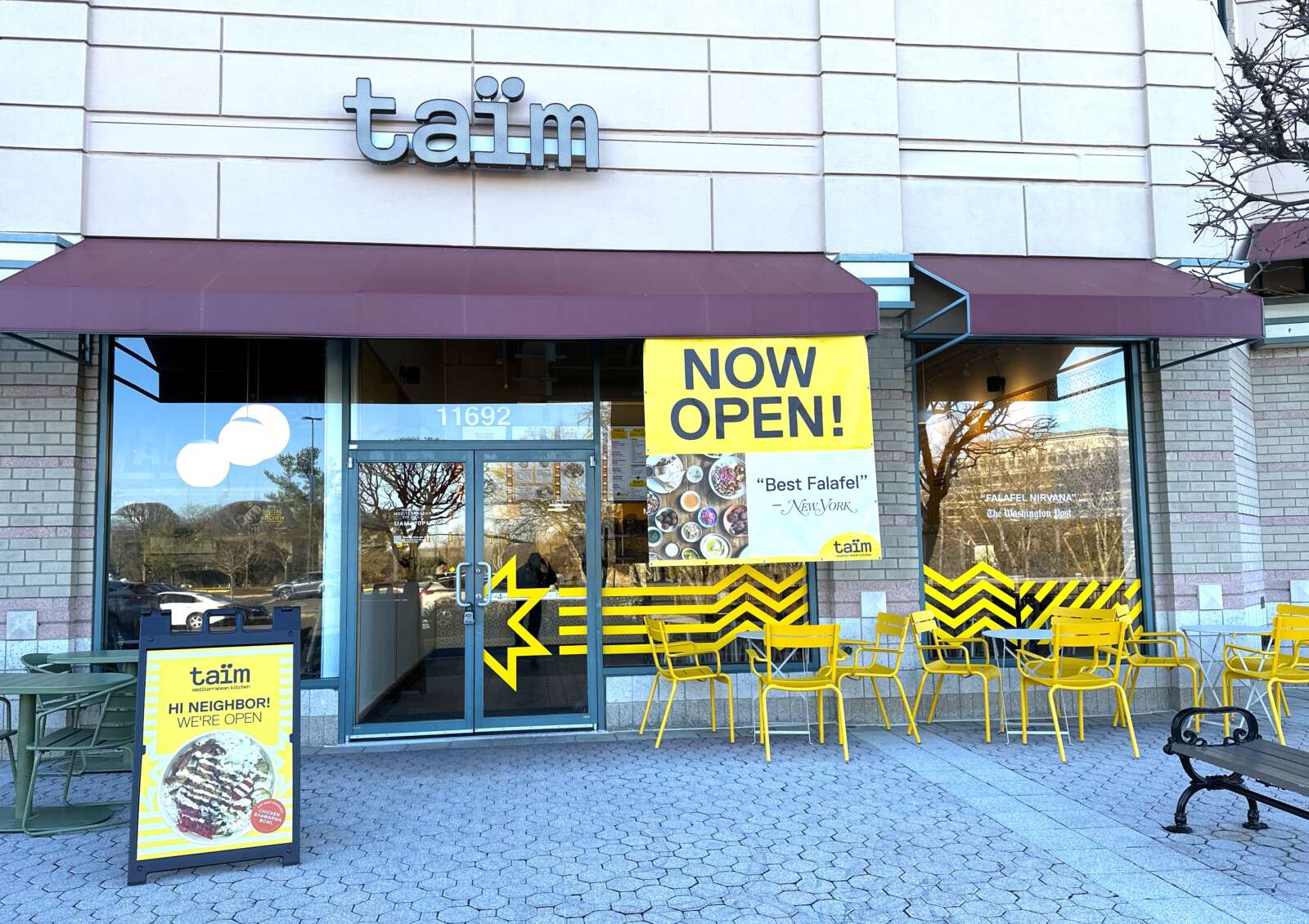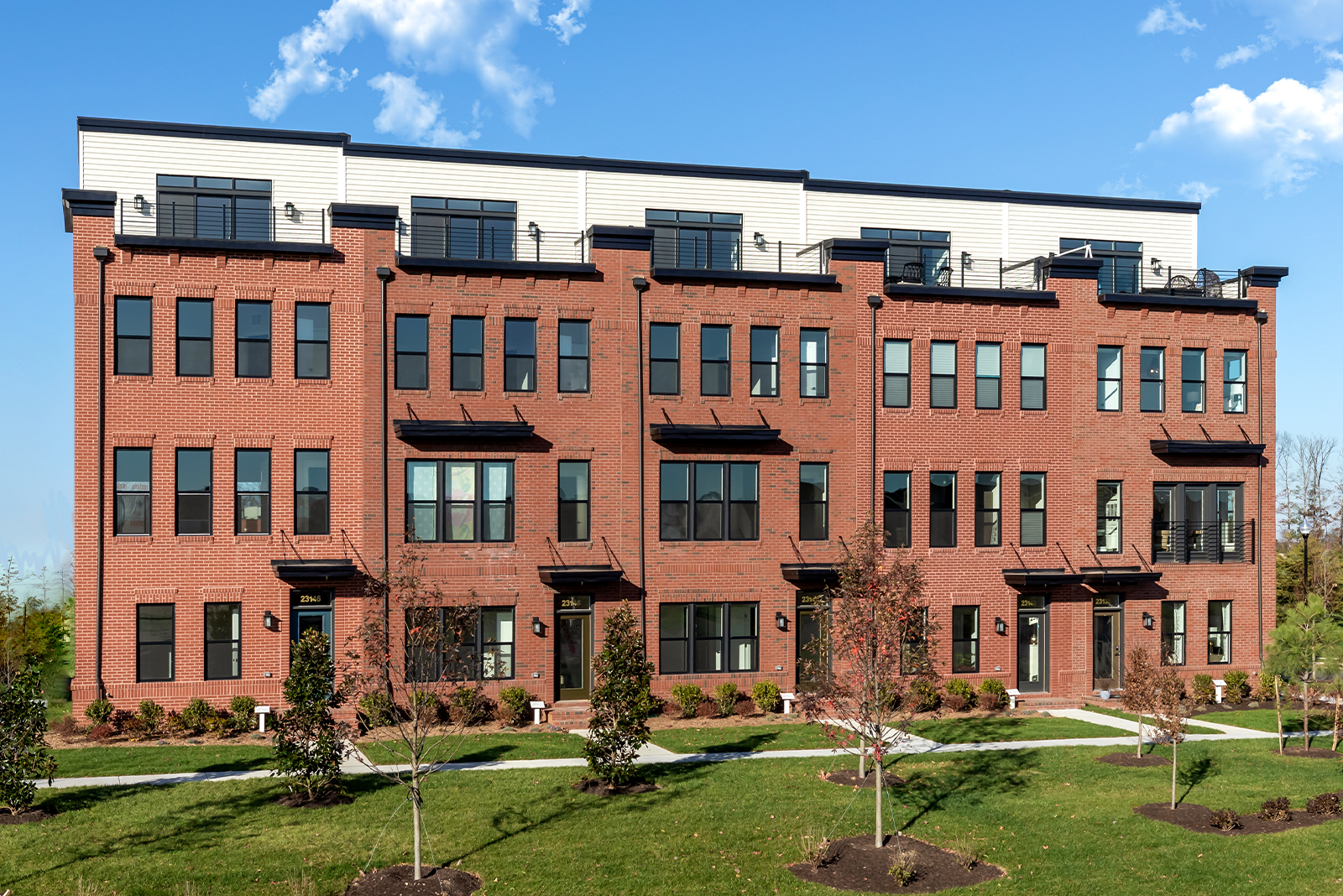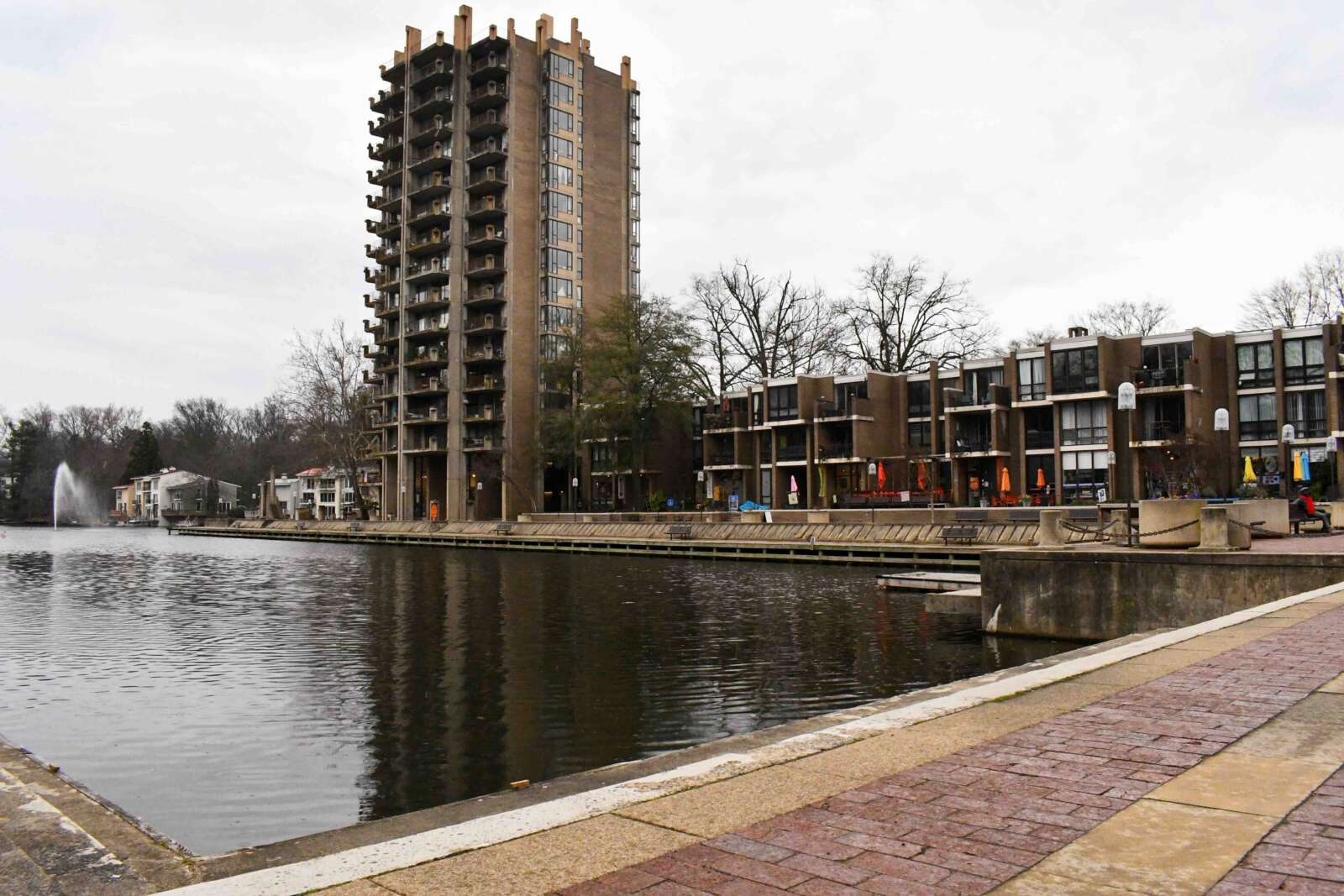
Fairfax County is looking to charge up a new electric vehicle charging station program and pilot it in Reston.
At last week’s Transportation Committee meeting, the Board of Supervisors discussed a new “Charge Up Fairfax” program, where the county would provide support to homeowners’ associations (HOAs) and multi-family communities to install electric vehicle (EV) charging stations in common areas.
“Electric vehicles are coming and a large segment of the population won’t be able to participate simply because of the issue of at-home charging,” Office of Environmental and Energy Coordination Director Kambiz Agazi said Friday (Sept. 30).
The county hopes that, by 2030, 15% of all light-duty vehicle registrations in the county will be EVs, per the Community-wide Energy and Climate Action Plan (CECAP) adopted last year. By 2050, the aim is to be at 42%. As of May 2022, though, under 1% of light-duty vehicle registrations are electric.
Under the proposed pilot program, the county would work with HOAs, large multi-family apartment buildings, and condo associations to install EV charging stations in publicly available locations, such as parking garages and designated parking spots owned by an HOA.
The pilot will start with Reston Association (RA), the largest HOA in the county and possibly the country.
Agazi said the pilot program is funded, but a timeline wasn’t established at the meeting. FFXnow reached out to the Reston Association about the pilot program and a possible timeline but has yet to hear back as of publication.
There are more than 1,500 home, apartment and condo associations in the county, according to Hunter Mill District Supervisor Walter Alcorn.
“We are kind of at the forefront on this one and there not a lot of communities in the region, or even around the country, that are trying to tackle this,” Alcorn said. “We are really talking about roughly half of our population that live in communities like I do that don’t have a [private] garage or a private space that they could put a charger. So, this is a big deal.”
“Charge Up Fairfax” would assist HOAs in identifying locations for charging stations, provide technical support to set them up, and offer financial assistance. The grants would be structured to reimburse communities for a third of eligible expenses up to $5,000.
So-called “disadvantaged” communities would be able to apply for two grants, meaning they would have eligible expenses reimbursed for up to $10,000.
A big component will be a feasibility study, which the county will conduct for the HOAs. The study will consider power sources, the parking situation, community input, and other factors to determine where the best locations would be for charging stations.
“We are going to be giving the HOAs quite an extensive package…They are going to have everything at their disposal to install charging stations,” Agazi said.
While the supervisors seemed generally in support of the proposal, they had a number of questions around logistics, cost, and equity.
Chairman Jeff McKay cautioned that permitting and regulatory processes could discourage some HOAs that may not have the resources of large ones like RA from utilizing this program.
He and Providence District Supervisor Dalia Palchik suggested piloting the program with a variety of associations to see what issues smaller organizations might face.
Palchik said that, while conceptually she’s on board, more work needs to be done to figure out the best way to engage and hear from some of the HOAs that are smaller, less resourced, and may not prioritize EV charging stations over other, more immediate challenges.
Sully District Supervisor Kathy Smith asked more granular questions that were not addressed in the presentation, including the overall cost to the county and the intended capacity.
The committe ran out of time before getting answers to those inquiries, but “Charge Up Fairfax” appears to be charging up to expand across the county in the future. The OEEC will seek the board’s approval on Nov. 1 to apply for federal funding to support the program.
“There’s nothing like this in the DMV and there’s nothing like this program in the country that I’m aware of,” Agazi said. “This program is all about guiding the HOAs through the process. In other words, Fairfax County staff is prepared to work with HOAs through…until electric vehicle charging stations are installed.”





